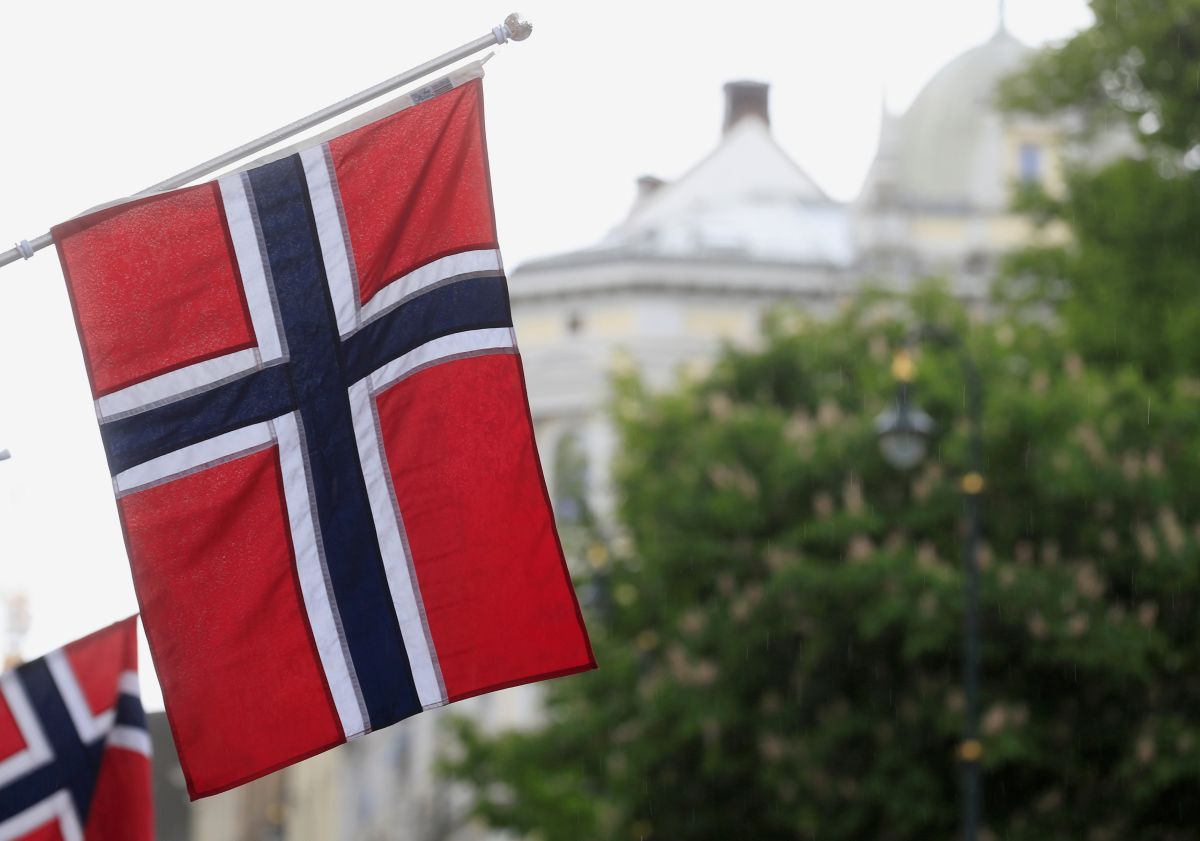
Three diplomats at the Russian Embassy in Oslo were identified by newspaper Aftenposten on Wednesday as having ties to Russia/s military intelligence agency known as GRU, earlier accused of murder and poisonings in addition to spying, while Norway's own police intelligence agency PST claims the "real number" of intelligence agents operating in Norway "is much higher."
"We can confirm that Russia's intelligence service and those of various other countries use their embassy as a cover for their intelligence officers," Hanne Blomberg, chief of counter espionage at PST, told Aftenposten, according to newsinenglish.no. "We are aware that several of the Russian intelligence-gathering agencies have a presence in Norway and use diplomatic cover through the embassy."
She added that "Aftenposten has found its way to three. The real number of intelligence agents who operate in Norway is much higher."
Aftenposten reported that it used residential address databases described as normally closed to the public but possible to access in Moscow because various private and public entities need to use them every day. The newspaper also claimed it used some of the same methods used to identify two alleged Russian tourists in the UK who were revealed as Russian GRU agents sought in a poisoning attack on a former KGB defector and his daughter in Salisbury. The suspects' registered addresses were the same as those of the diplomats in Norway.
Aftenposten also noted how the identities of 305 GRU employees in Moscow were revealed in 2018 following various leaks from Russian address lists made possible due to poor data security.
None of the three men was willing to comment on Aftenposten’s information from the Russian databases, where they were registered by name, birthdate, address and ID number.
Read alsoFinland should brace for Russian hybrid aggression – experts
The Russian Embassy itself claimed in a lengthy written response to the newspaper that the questions posed by Aftenposten "have nothing to do with diplomatic relations between Russia and Norway." In the embassy's statement sent to the newspaper, it suggested that there are laws to protect "personal information" deemed "unsuitable" for being made public.
PST has been warning for years that Russia, along with China, represents a major security threat to Norway. So do spies posing as diplomats as they travel around Norway, nurture contacts and gain access to politicians in Parliament, government ministries and companies.
"What they want is contact with individuals, sources, to gain information they otherwise wouldn't get," PST told Aftenposten. "They want information on technology, research, sensitive company information and political decision-makers. Sometimes they want to influence decision-making processes."
Read alsoSBU nabs Russian spy who gathered intel on Ukrainian missile systems (Photo, video)
One of the biggest problems they pose for Norwegian officials is their diplomatic immunity that allows them to avoid prosecution under Norwegian law. "With diplomatic immunity, they can operate relatively freely in Norway as intelligence officers," PST's Blomberg said. "The only thing they risk is being found out and sent home."
PST's counter-espionage chief is also concerned that Norwegians cultivated as sources of information "don't realize" that the diplomats are also basically spies. "Sometimes they (the agent-diplomats) combine their intelligence gathering with completely legal, normal diplomatic activity," Blomberg said. "That gives them access to interesting people and operations. Individual Norwegians don't understand that until it's way too late."
Asked why those suspected or confirmed as being tied to their homeland's intelligence agency aren't sent out of the country, Blomberg said that there can be cases where they were declared unwanted in Norway and sent home quietly.

